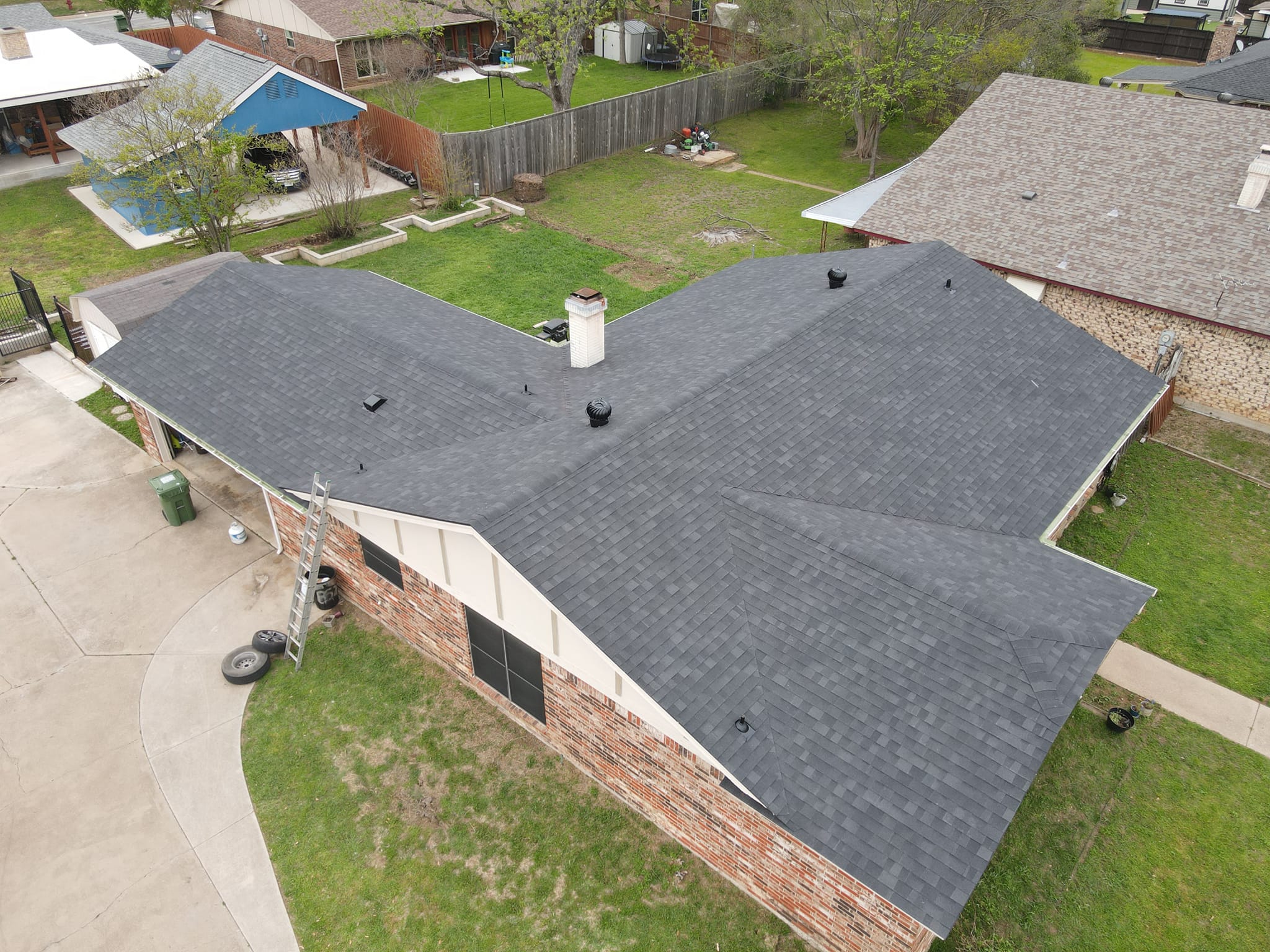
Understanding the Cost Factors of Roof Replacement: A Homeowner's Guide Nov 05, 2025
The first major factor influencing the cost of a roof replacement is the type of roofing material you choose. Asphalt shingles are the most common choice due to their affordability and durability. However, if you're aiming for a more high-end finish, materials such as metal, slate, or tile may be more appealing, albeit at a higher price point. Each roofing material comes with its own set of advantages and price ranges, so it's essential to consider what aligns best with your home's aesthetic and your budget.
Another key cost factor is the size and complexity of your roof. Naturally, larger roofs will require more materials and labor, increasing the overall expense. Additionally, if your roof has unique features such as multiple chimneys, skylights, or a steep pitch, you can expect the complexity to add to the cost. These elements will require specialized attention, often increasing the labor hours needed to complete the job.
Geographical location also plays a significant role in determining roof replacement costs. Prices can vary significantly from one region to another due to differences in labor costs, climate conditions, and local building codes. For instance, if you live in an area prone to severe weather conditions, you might need to invest in more durable materials that can withstand the elements, impacting the overall cost.
The condition of your existing roof is another important consideration. If your old roof needs extensive repairs or if there's damage to the underlying structure, the cost will likely increase. It's not uncommon for homeowners to discover issues such as rot or water damage during a roof replacement. Addressing these problems will ensure the longevity of your new roof but will add to the replacement budget.
Labor costs, of course, constitute a substantial portion of the roof replacement budget. Experienced roofing contractors, like those at MBP Roofing & Exteriors, bring expertise and craftsmanship to the table, ensuring that your new roof is installed correctly. While it might be tempting to cut corners by opting for less experienced labor, this can lead to issues down the line, ultimately costing more in repairs and maintenance.
Finally, permits and additional fees can also influence the overall cost of a roof replacement. Depending on your local regulations, you may need to acquire a building permit before any work can begin. Some areas have specific requirements regarding the disposal of old roofing materials, which can add to the expense. It's important to account for these fees in your overall budget.
In conclusion, understanding the various cost factors associated with roof replacement can help you make informed decisions about your home's roofing needs. By considering the type of material, the roof's size and complexity, your geographical location, and the existing roof's condition, you can better plan for this significant home improvement project. At MBP Roofing & Exteriors, our goal is to provide clarity and assurance as you navigate through these important decisions. Reach out to our team for a comprehensive estimate and professional guidance tailored to your specific situation.
/filters:no_upscale()/media/e23067be-bef8-49ee-b8dc-fbf859bbc82e.jpg)
/filters:no_upscale()/filters:format(webp)/media/7f4bc70e-a0b7-4b8d-bef3-84b4eaa94416.jpg)